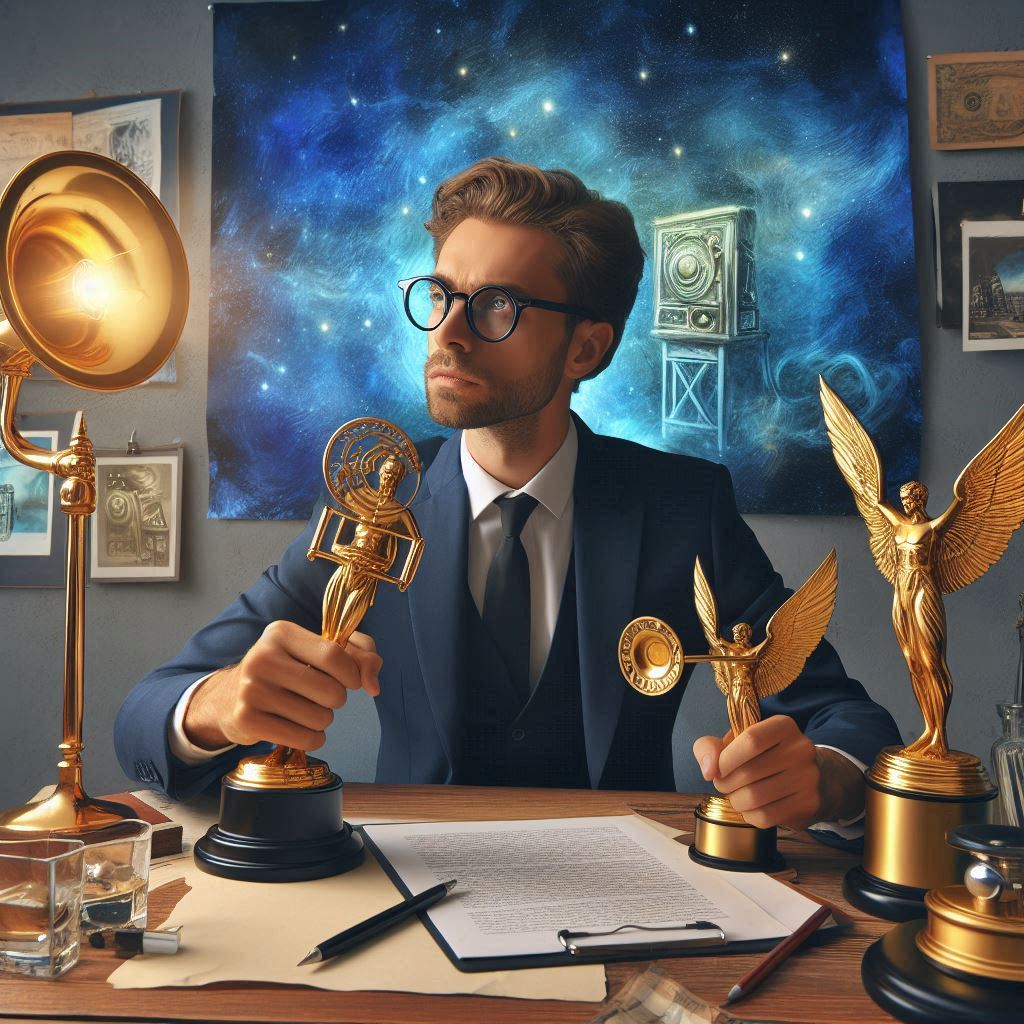When a company celebrates an artist’s well-deserved award by sharing their image or music on social media or marketing materials, it’s meant to be a gesture of admiration. But what happens if the company doesn’t have a contract or explicit permission to use the artist’s work or likeness? This scenario raises critical copyright and related legal issues that can lead to disputes. In this blog, we explore the copyright law position in Ghana, Africa, Europe, and the United States, explain why these laws exist, and offer practical advice for musicians and companies navigating this situation—especially if the company has already used the artist’s image.
Copyright Law Across Jurisdictions
Ghana
In Ghana, the Copyright Act, 2005 (Act 690) protects original works, including music and photographs, automatically upon creation. Copyright lasts for the artist’s lifetime plus 70 years and includes moral rights to claim authorship and prevent misuse that could harm their reputation. If a company uses an artist’s image to celebrate their award without permission, it could infringe economic rights (e.g., unauthorized reproduction) or moral rights (e.g., lack of attribution). Exceptions for fair use, like news reporting, rarely apply to promotional posts, making permission essential.
Africa (Broader Context)
Across Africa, copyright laws vary but often align with the Berne Convention. For example, South Africa’s Copyright Act, 1978 protects artistic works and prohibits unauthorized use, except in limited cases like incidental inclusion in broadcasts. The African Regional Intellectual Property Organization (ARIPO) reinforces these protections. Using an artist’s image for celebratory but commercial purposes without consent risks infringement, as moral rights are widely recognized in African jurisdictions.
Europe
The European Union harmonizes copyright through directives like the EU Copyright Directive (2019/790), with national laws (e.g., UK’s Copyright, Designs and Patents Act 1988) protecting works for the creator’s life plus 70 years. Moral rights, such as attribution and integrity, are strongly enforced. Using an artist’s image without permission could violate copyright or neighbouring rights protecting performers’ likenesses. Exceptions like quotation are narrow, and promotional use typically requires a license.
United States
In the U.S., the Copyright Act of 1976 protects works for the creator’s life plus 70 years, while the Visual Artists Rights Act (VARA) offers limited moral rights for visual art. The right of publicity, varying by state, protects an artist’s likeness from unauthorized commercial use. Using an artist’s image to celebrate an award could infringe copyright or publicity rights, especially if it implies endorsement. The fair use doctrine may not apply to promotional posts, making consent critical.
Why Do These Laws Exist?
Copyright laws protect artists’ economic and personal interests, ensuring they control and profit from their creations. Moral rights safeguard their reputation and authorship, while publicity rights (in the U.S.) prevent unauthorized commercial exploitation of their identity. These laws encourage creativity by rewarding artists and balancing public access with private rights. Unauthorized use, even with good intentions, can dilute an artist’s brand, imply false endorsements, or deprive them of income.
What Should Musicians Do?
If a company uses your image or work without permission to celebrate your award, take these steps:
- Assess the Use: Identify if the material (e.g., photo, music) is copyrighted or involves your likeness, and whether the use is commercial.
- Document Evidence: Save screenshots or links to the unauthorized content.
- Contact the Company: Send a cease-and-desist letter citing relevant laws (e.g., Ghana’s Copyright Act, U.S. publicity rights) and request removal.
- Seek Legal Advice: Consult an intellectual property attorney or organizations like GHAMRO (Ghana) or SAMRO (South Africa) for guidance.
- Negotiate Licensing: If you’re open to the use, negotiate a licensing agreement with fair compensation.
- Pursue Legal Action: If unresolved, consider a lawsuit, ensuring copyright registration in the U.S. for stronger claims.
What Should Companies Do?
To avoid or resolve such issues, companies should:
- Cease Unauthorized Use: Remove the material immediately to limit liability.
- Apologize and Negotiate: Contact the artist to apologize and seek retroactive permission or a license, offering fair payment.
- Implement Policies: Train staff on copyright laws and establish a process to obtain licenses before using artists’ work or likeness.
- Consult Legal Experts: Work with IP attorneys to assess risks and draft agreements.
- Credit Artists: Ensure proper attribution to respect moral rights, especially in Ghana and Europe.
What If the Company Has Already Used the Image?
If a company has already used the artist’s image:
- Ghana: The use likely violates the Copyright Act, 2005, unless it’s incidental and non-commercial. The company should remove the image, seek permission, and offer compensation. The artist can demand removal or pursue damages.
- Africa: In jurisdictions like South Africa, unauthorized use infringes copyright unless clearly non-commercial. The company must cease use and negotiate with the artist.
- Europe: The use may breach copyright or moral rights under EU laws. The company should remove the material, seek a license, and ensure fair remuneration.
- U.S.: The use could infringe copyright or publicity rights, especially if promotional. The company should remove the image, apologize, and negotiate a license. The artist could sue if the copyright is registered.
Conclusion
Celebrating an artist’s award is a noble gesture, but using their image or work without permission can lead to legal pitfalls under copyright laws in Ghana, Africa, Europe, and the U.S. Musicians should act swiftly to protect their rights, while companies must prioritize obtaining consent and respecting artists’ creative control. By understanding these laws and taking proactive steps, both parties can avoid disputes and foster a respectful creative ecosystem. For specific guidance, musicians and companies should consult local IP experts or organizations like GHAMRO, SAMRO, or the U.S. Copyright Office.



